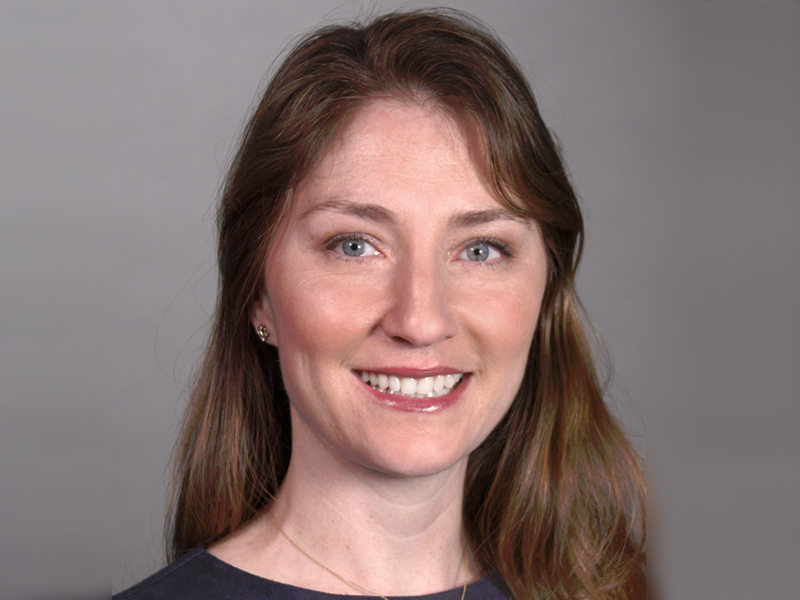
While target-date funds are highly prevalent in defined contribution pension plans’ investment portfolios, gaining space as the default of choice, areas of improvement exist in terms of educating plan members about the option.
During Benefits Canada‘s 2021 DC Plan Summit, Jessica Sclafani (pictured), director and DC strategist in the investment solutions group at MFS Investment Management, shared results from the investment manager’s 2021 global retirement survey, which polled about 4,000 active DC plan members across Australia, Canada, the U.K. and the U.S. She outlined some of the characteristics of target-date funds valued by plan members.
“At the very top of the list is ease of use. This is great to see because this is exactly why target-date funds were created. Diversification — or what we described in the survey as the mix of stocks and bonds today — and then also the mix of stocks and bonds at retirement also rises to the top as a characteristic of target-date funds that members highly value.”
Read: A look at the different paths to ESG integration in DC plans
The survey also sought to better understand plan member perceptions of target-date funds. On the positive side, the majority of respondents said they understand that the funds evolve to become more conservative as they get closer to retirement and they also agreed the funds are an easy way to diversify with one investment. “This gets back to our original intention in creating target-date funds as a one-stop solution for members,” said Sclafani.
Conversely, the survey found a gap in knowledge related to the decumulation phase of target-date funds. For example, 58 per cent of respondents aged 50 or older believed these funds have a guaranteed rate of return, while 68 per cent of this age cohort believed the funds provide a guaranteed stream of income in retirement.
“The data for these two statements indicates that many members mistakenly believe that their target-date fund includes a guarantee: either the return or stream of income,” she said.
Sclafani urged DC plan sponsors to conduct an analysis to understand how their plan members are using their target-date funds, noting it can lead to a campaign to educate employees on how the funds are intended to be used.
Read: Target-date funds a game changer for plan member outcomes: research
She also delved into the survey’s results around environmental, social and governance factors and their potential roles in the investment decision-making process. “We expect the DC industries’ discussion of ESG factors to only grow from this point forward and we are encouraging plan sponsors, including the non-believers — and trust me, I do talk to many of them, too — to take the time to get up to speed on ESG so that they can make an informed decision as to how ESG may or may not fit into the plan.”
The survey found 76 per cent of DC plan members expressed interest in sustainable investment options within their plan. It also found 69 per cent of respondents indicated they’d increase their contribution rate if they had access to ESG or sustainable investments. As a caveat, Sclafani noted people tend to answer as their best selves in surveys, so that latter percentage may be a bit overstated. “But the point is that it indicates a positive relationship between improving savings behaviours by offering investments that consider ESG issues.”
Read: Custom target-date funds growing in U.S.: survey
She also described a generational divide when it comes to perceptions of ESG in investment portfolios, noting younger generations are more sensitive to ESG issues compared to older generations. Indeed, the survey found 85 per cent of millennials are interested in seeing more investments that consider ESG factors in their retirement plan, while this figure dropped to 66 per cent for baby boomers.
“I’d say, absolutely, participant or member demographics shape a population’s view on incorporating ESG into the investment decision-making process, but I would encourage you to not fall for this trope that only millennials care. They tend to care the most, but other generational cohorts care, too.”
Read more coverage of the 2021 DC Plan Summit.
